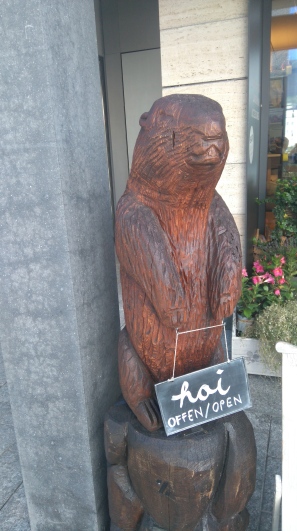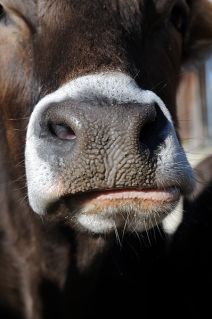This week, Sofia Justham Bello, talks about her love of German, onomatopoeia and how she approached entering the biggest event in the Oxford German Network diary: the Oxford German Olympiad. Click here to read her version of Hansel and Gretel.
My underlying motivation for taking part in the 2017 Oxford German Olympiad was my love for the German language. What particularly draws me towards German is its poetic nature and ability to combine individual words to form a larger word and meaning; for example, in my entry I used the word Menschenmenge (crowd) which can be broken down to Menge (an amount) of Menschen (people).
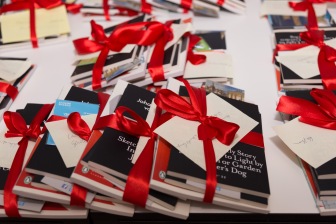 Another reason that drew me towards entering the competition was the theme: “Deutsch jenseits von Deutschland”-German beyond Germany. This was intriguing as one could explore the role and power of German in any location, hence expressing the idea that language is not restricted to thrive in one place. In my opinion this theme is particularly encouraging and vital for our world today, as it reflects the need for different languages in our lives, increasing our ability to connect with people and understand each other’s cultures.
Another reason that drew me towards entering the competition was the theme: “Deutsch jenseits von Deutschland”-German beyond Germany. This was intriguing as one could explore the role and power of German in any location, hence expressing the idea that language is not restricted to thrive in one place. In my opinion this theme is particularly encouraging and vital for our world today, as it reflects the need for different languages in our lives, increasing our ability to connect with people and understand each other’s cultures.
The category I took part in involved rewriting the story of “Hänsel und Gretel” in a different location. I chose to relocate them in modern day London, a multicultural city with an iconic landscape, which generates infinite possibilities for storytelling.

The timelessness of the Grimm tale was key to motivating me to write; personally, I find that Märchen offer a sense of comfort to the reader; despite their bizarre and often gory themes, one is fond of their nostalgic structure and magical familiarity. My story was similar to the original, but I altered small details to fit the setting, such as instead of following a white dove, the children follow a pigeon; and instead of stumbling across a life-size gingerbread house, my story ends with a cliffhanger that leaves them peering into a cake shop window.
Writing a short story in German was more of a challenge, and it took practice to write in the imperfect tense. However, it was fun to discover new verbs which I would have never encountered at school, such as when Gretel felt tired, and therefore dragged her feet along the street (Das süße Mädchen schleppte sich die Straße entlang – very onomatopoeic!).
I also found it fun to discover new idioms to illustrate the siblings’ resilience, such as Morgenstund hat Gold im Mund (“The Morning Riser has gold in their mouth”, i.e. the early bird gets the worm); such an idiom perhaps highlights the positivity and character the German language has, which is likely to have compelled so many people to take part in the Olympiad this year.
Sofia Justham Bello


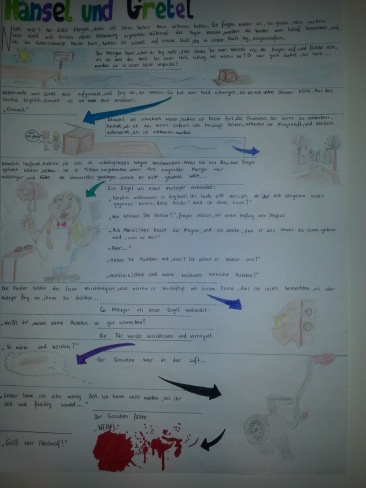 Winner: Simrit Sekhon
Winner: Simrit Sekhon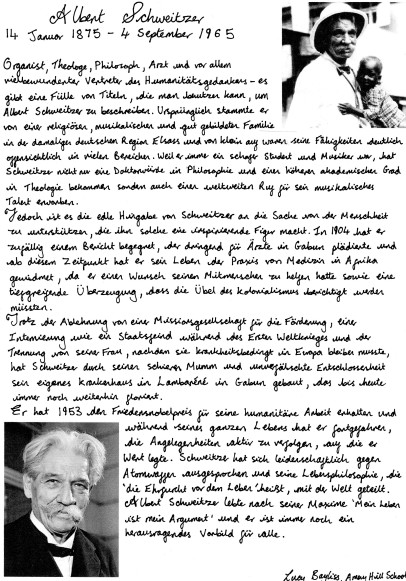 Winner: Lucy Bayliss
Winner: Lucy Bayliss


